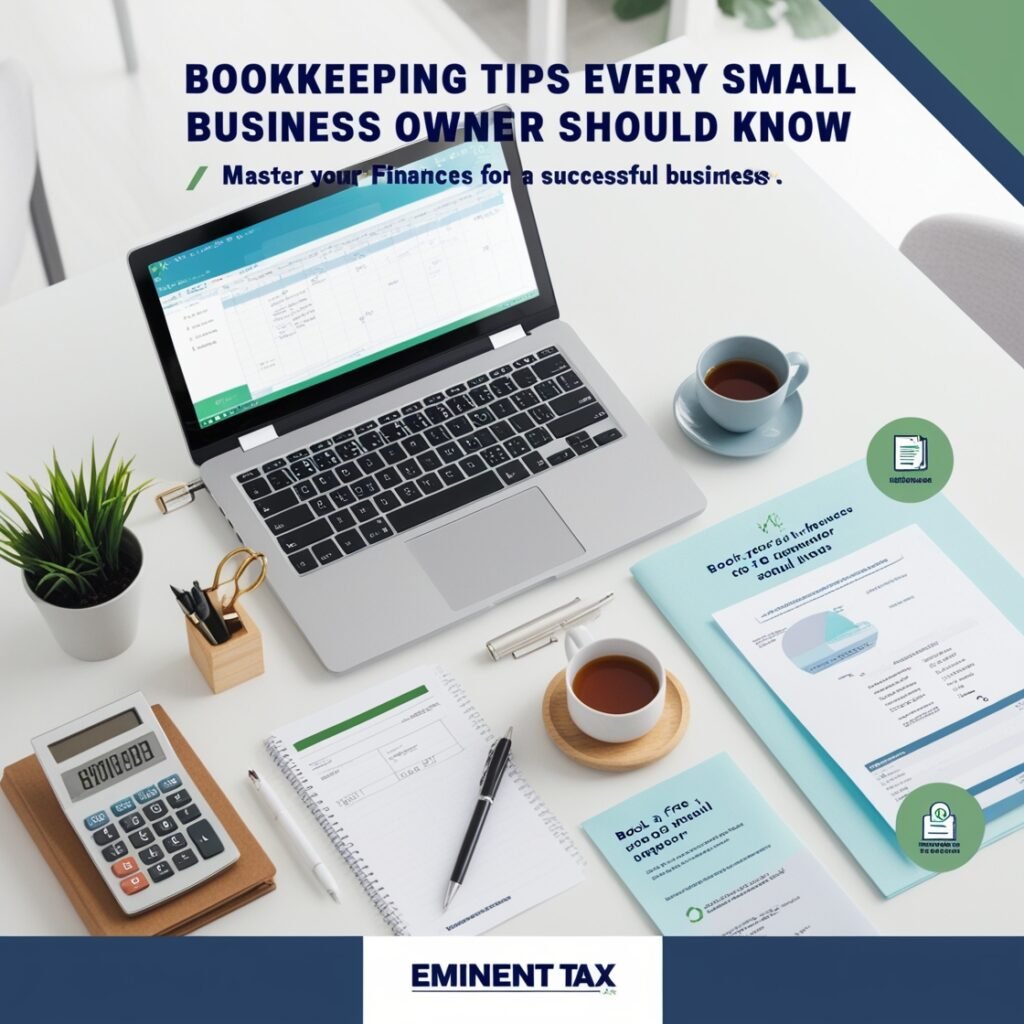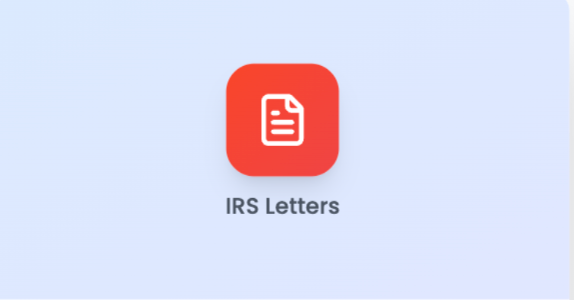Bookkeeping Tips Every Small Business Owner Should Know

Bookkeeping Tips Every Small Business Owner Should Know
Managing finances is among the most crucial tasks for any small business owner, yet it often gets overlooked. Proper bookkeeping not only ensures a smooth financial operation but also prepares your business for future opportunities and challenges. Below, we unveil essential bookkeeping tips every small business owner should know.
Understanding the Basics of Bookkeeping
Bookkeeping forms the backbone of your business’ financial health. It involves the recording, storing, and retrieving of financial transactions, ensuring your accounts are accurate and up-to-date.
Separate Business and Personal Finances
One of the fundamental rules of effective bookkeeping is to keep your business and personal finances separate. This can be achieved by:
- Opening a dedicated business bank account
- Using a business credit card
- Maintaining distinct financial records
Implement a Reliable Accounting System
Invest in reliable accounting software that suits your business needs. Such software assists in automating many bookkeeping tasks and helps you stay organized. Look for features such as:
- Invoicing and billing
- Expense tracking
- Payroll processing
- Financial report generation
Consistent Financial Tracking
Consistency is key to maintaining accurate and reliable records. Here are some tips to ensure consistent financial tracking:
Regular Reconciliation
Regularly reconcile your accounts to catch any discrepancies early. This process involves matching your bank statements with your books to ensure they align. Reconciliation helps in:
- Identifying errors or fraudulent activities
- Ensuring the accuracy of financial reports
- Improving cash flow management
Maintain Detailed Records
Keep detailed records of all financial transactions, including receipts, invoices, and bank statements. Proper record-keeping supports:
- Compliance with tax regulations
- Accurate financial reporting
- Informed decision-making
Financial Reports: Your Business’ Report Card
Regularly reviewing financial reports helps you understand your business’s performance and make informed decisions.
Income Statement
The Income Statement, or Profit and Loss Statement, summarizes your revenues and expenses over a specific period. It helps in:
- Evaluating profitability
- Identifying cost-saving opportunities
- Planning for future growth
Balance Sheet
The Balance Sheet provides a snapshot of your business’s financial position at a specific point in time, detailing your assets, liabilities, and equity. Benefits include:
- Assessing financial health
- Informing investment decisions
- Securing financing or loans
Cash Flow Statement
A Cash Flow Statement tracks the flow of cash in and out of your business, helping you ensure you have enough funds to cover expenses. Key purposes are:
- Managing day-to-day operations
- Planning for short-term financial needs
- Determining liquidity status
Leveraging Technology for Efficiency
Technology can greatly enhance your bookkeeping efficiency and accuracy.
Automate Where Possible
Automate routine tasks such as invoicing, payroll, and expense tracking. Automation helps in:
- Reducing manual errors
- Saving time
- Ensuring timely task completion
Use Cloud-Based Solutions
Cloud-based accounting software allows you to access financial data anytime, anywhere. This facilitates:
- Remote work capabilities
- Real-time updates
- Enhanced data security
Seeking Professional Help
At times, managing finances might seem overwhelming, and that’s when you should consider seeking professional help.
Hire an Accountant
A professional accountant can offer valuable insights and ensure your financial records are accurate. Benefits include:
- Expert advice on tax planning
- Assistance with financial analysis
- Ensuring compliance with regulatory requirements
Consult a Bookkeeping Service
Outsourcing your bookkeeping to a specialized service can save you time and provide professional accuracy. Advantages include:
- Focus on core business activities
- Access to professional expertise
- Cost-effective compared to in-house hiring
Conclusion
Mastering bookkeeping is no small feat, but it is essential for the longevity and growth of your small business. By implementing these essential tips and leveraging technology, you can maintain accurate financial records, make data-driven decisions, and ultimately lead your business toward success.
Managing your bookkeeping might seem daunting initially, but remember, the success of your business depends on it. Start today by taking small steps, and seek professional help when necessary. Your business will thank you for it.
Book free financial consultation for a stress-free bookkeeping experience



